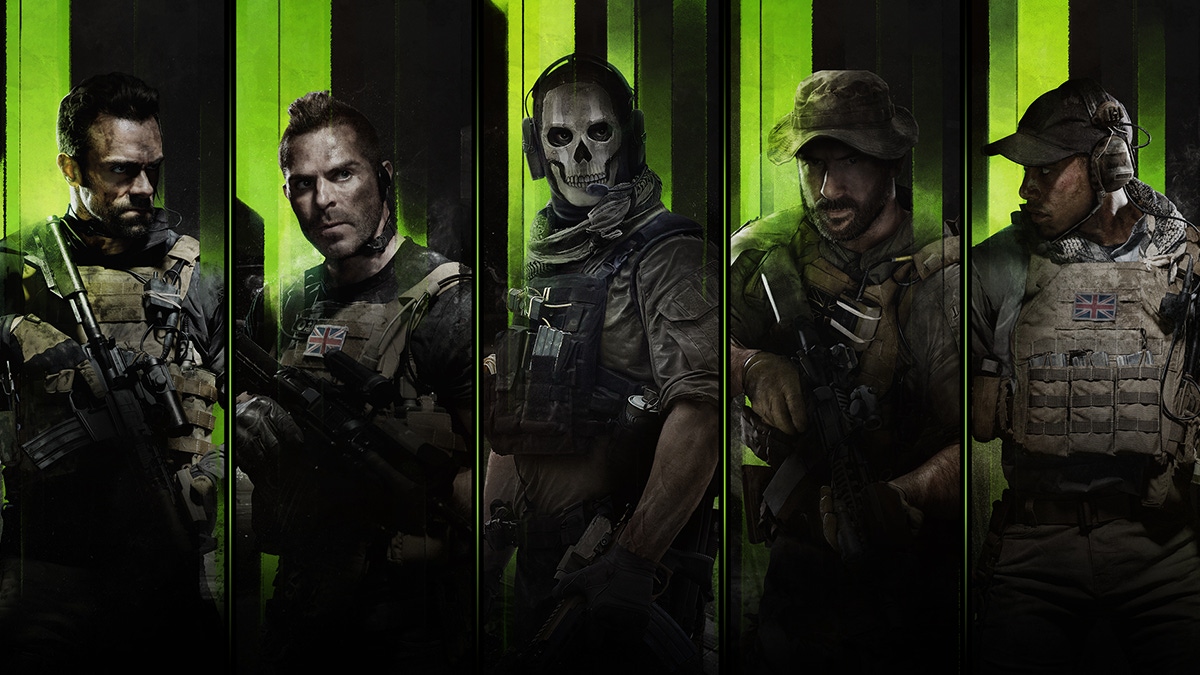Xbox says Activision forced it into lesser Call of Duty revenue deal
Xbox and Activision Blizzard's Call of Duty deal shows that not all third-party agreements are made equally.

Activision Blizzard was ready to take Call of Duty from Xbox if it hadn't received a higher share of its revenue. During Microsoft's trial regarding its acquisition of Activision Blizzard, Xbox VP Sarah Bond revealed Activision Blizzard CEO Bobby Kotick demanded a higher cut from the annual shooter series.
A specific Call of Duty game wasn't listed, but according to the FTC counsel, Xbox wound up taking 20 percent of the title's revenue that year. Activision Blizzard reportedly wouldn't even prepare its work on the Xbox Series X|S developer kit until this deal was agreed upon.
Typically, revenue splits go 70 percent to the developer (or publisher) and 30 percent to the platform owner. According to Bond, Microsoft will sometimes take a lower split if "it was critical to get that content," like with Call of Duty.
In her words, Kotick said "if we did not move beyond standard revenue share, that he intended to not place Call of Duty on Xbox.” Microsoft elected to meet Kotick's demands, in part because "we had players whose expectations we wanted to meet."
Xbox's Call of Duty deal came with some caveats
Bond's comments paint an interesting picture of the relationship between the two companies, and how platform holders may interact with third-party studios as a whole.
Third-party games have different kinds of exclusivity deals, and Bond cited this year's Hogwarts Legacy as an example of that. But the deal Xbox had for Call of Duty sounds considerably more hostile and not entirely beneficial to the platform as one would've reasonably assumed before now.
The deal between Xbox and Activision Blizzard made it so that the former had "very clear limits" on what it can say about the franchise. As an example, Bond revealed that her company wasn't allowed to say that 2021's Call of Duty: Vanguard was releasing on Xbox at all other than its own website and Twitter account.
Activision Blizzard also reportedly asked Microsoft if it wanted to bid on any marketing deals, but the Xbox maker declined. As a result, Xbox couldn't show Call of Duty at its own console showcase, or feature it in a sizzle reel of incoming titles. Under their current agreement, none of the games can come to Xbox Game Pass until January 2025.
Earlier into her testimony, Bond said that Call of Duty wasn't a "must-have" game for Xbox. But the amount of money Microsoft is paying to keep it on Xbox platforms, and how hard it's fighting to acquire Activision Blizzard, certainly betrays that sentiment.
About the Author
You May Also Like









